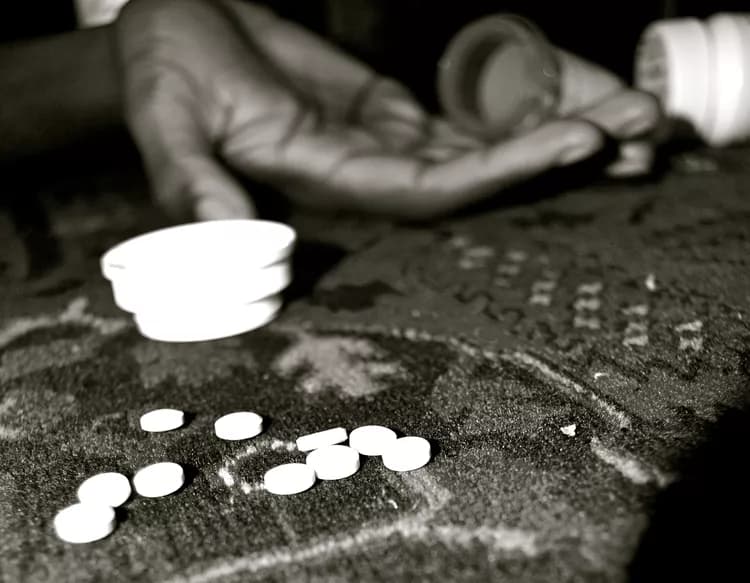
Contribution Of Opioid-Related Deaths To The Change In Life Expectancy In The US
Between 2000 and 2015 in the U.S., life expectancy increased overall but drug-poisoning deaths, mostly related to opioids, contributed to reducing life expectancy, according to a study published by JAMA.
Deaths from drug poisoning more than doubled in the United States from 2000 to 2015; poisoning mortality involving opioids more than tripled. Increases in poisonings have been reported to have reduced life expectancy for non-Hispanic white individuals in the United States from 2000 to 2014. Deborah Dowell, M.D., M.P.H., of the Centers for Disease Control and Prevention, Atlanta, and colleagues estimated the number of deaths and death rates in 2000 and 2015 due to poisoning and the 12 leading causes of death in 2015 using the National Vital Statistics System Mortality file, based on death certificates registered in each state and the District of Columbia.
Life expectancy at birth increased by 2 years overall, rising from 76.8 years in 2000 to 78.8 years in 2015. From 2000 to 2015, death rates related to heart disease, cancer, cerebrovascular diseases, diabetes, influenza and pneumonia, chronic lower respiratory diseases, and kidney disease decreased, together contributing a gain of 2.25 years to the change in life expectancy. Death rates related to unintentional injuries, Alzheimer disease, suicide, chronic liver disease, and septicemia (sepsis) increased, together contributing a loss of 0.33 years to change in life expectancy.
Drug-poisoning deaths increased from 17,415 in 2000 to 52,404 in 2015; the age-adjusted death rate per 100,000 population increased from 6.2 to 16.3, with most of the increase related to opioid deaths. Drug-poisoning deaths contributed a loss of 0.28 years in life expectancy. Most of this loss (96 percent) was unintentional; 0.21 years were lost to opioid-involved poisoning deaths.
The authors note that the contribution of opioid-involved poisoning deaths to the change in life expectancy is likely an underestimate because the accuracy and completeness of information recorded on death certificates affect cause-specific death rates. A specific drug is not recorded in as many as 25 percent of drug-poisoning deaths, although this percentage has modestly declined since 2010.
Materials provided by The JAMA Network Journals. Note: Content may be edited for style and length.
Disclaimer: DoveMed is not responsible for the accuracy of the adapted version of news releases posted to DoveMed by contributing universities and institutions.
References:
Grant Baldwin, PhD, MPH et al. (2017). Contribution of Opioid-Involved Poisoning to the Change in Life Expectancy in the United States, 2000-2015. JAMA. DOI: 10.1001/jama.2017.9308
Related Articles
Test Your Knowledge
Asked by users
Related Centers
Related Specialties
Related Physicians
Related Procedures
Related Resources
Join DoveHubs
and connect with fellow professionals

0 Comments
Please log in to post a comment.